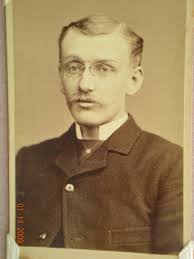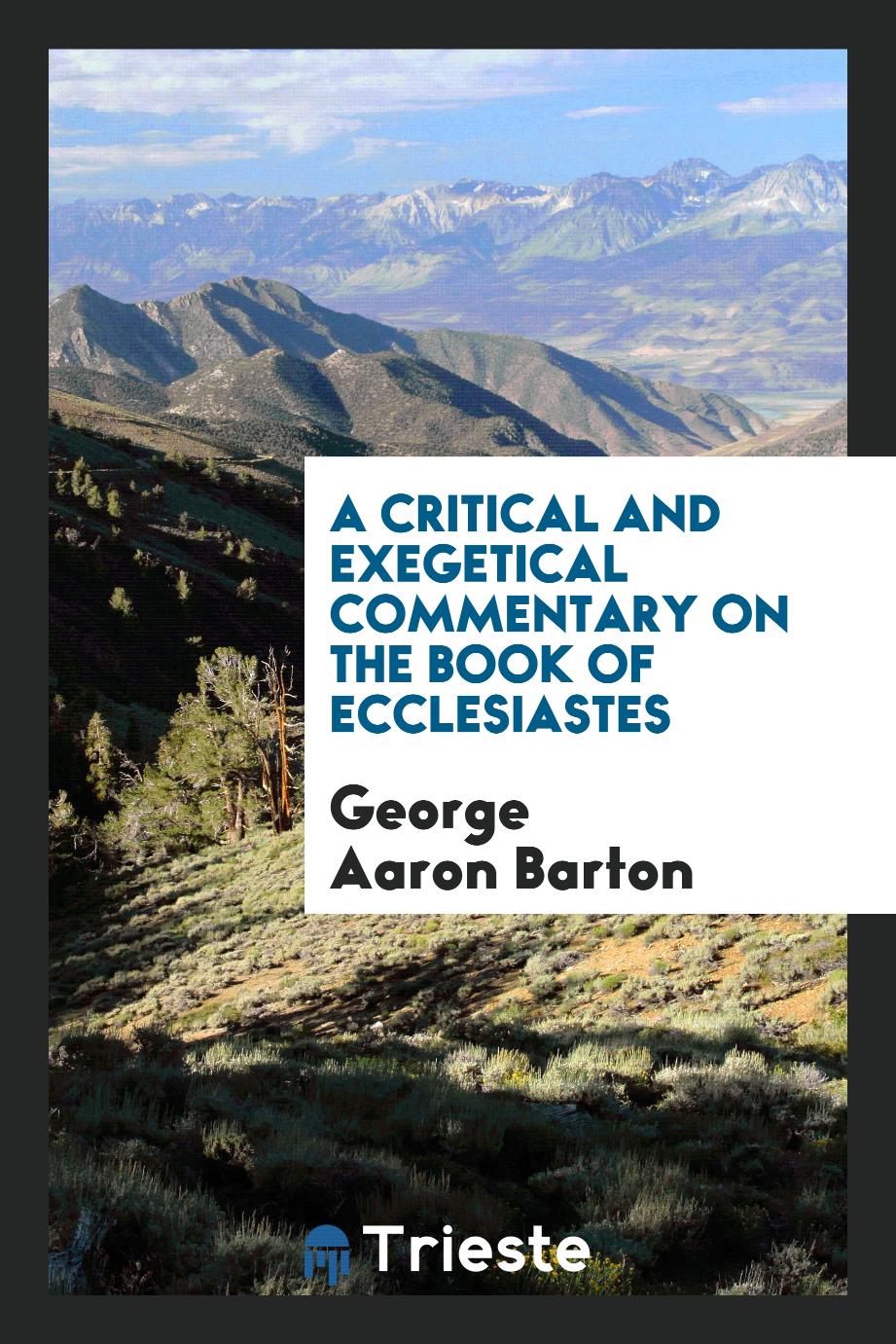
George Aaron Barton
George Aaron Barton (12 November 1859 - 28 June 1942) was a Canadian author, Episcopal clergyman, and professor of Semitic languages and the history of religion. Barton was born in East Farnham, Quebec, Canada. After attending Oakwood Seminary in Union Springs, New York. Barton became a minister in the Religious Society of Friends and continued his education at Haverford College, completing a MA in 1885. He taught in Rhode Island from 1884-1889, then earned a PhD at Harvard and became a professor of Semitic languages at Bryn Mawr College in 1891. In 1922 Barton moved to the University of Pennsylvania, where he was professor of Semitic languages and the history of religion. He retired in 1931 and held the title of professor emeritus until his death. He specialized in many subjects, particularly in Semitic languages. His many publications cover a wide range of topics in areas such as biblical studies, religion, and linguistics along with translations of Sumerian cuneiform tablets. He was fascinated by bible archeology and wrote a text book on the subject, published in 1916, along with other publications on similar subjects. Barton specialized in translations of Sumerian & Akkadiann tablets, seals and cylinders. He notably translated a set of Sumerian tablets recovered in 1896-1898 by the University of Pennsylvania's excavation at Nippur initially labelled as "Miscellaneous Babylonian Inscriptions", including creation myths known as the Barton Cylinder and the Debate between sheep and grain. These were later revised by Samuel Noah Kramer. Barton died in Weston, Massachusetts.

